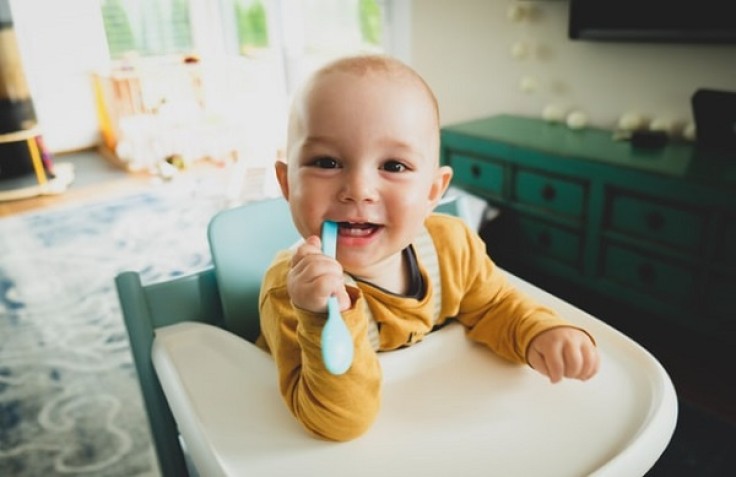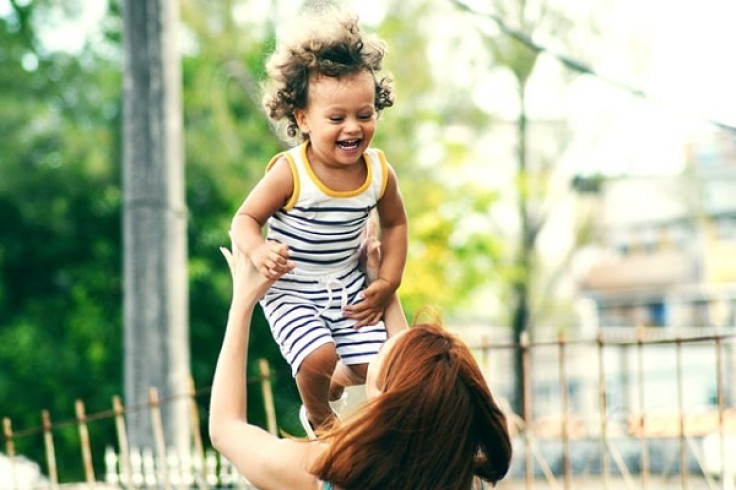Biting is a common behavior of children. For some, it is an exploration tool in response to the development of communication skills. Before discussing how to prevent your children from biting others, we listed some of the reasons children bite.
Why children bite
There are several reasons children bite. It could be from pain or to call attention. Understanding the reason for your kids' behavior would help you address it efficiently.
Feeling pain
Teething causes pain to babies because a tooth would be erupting from their gums. Hence, they want to bite even though they do not mean harm. They only need something to bite on to relieve swollen, tender gums.

Looking for reaction
Toddlers bite because they are curious about the reaction of people around them. Sometimes they love hearing a surprised exclamation without knowing how the bitten person feels.
Exploring their surroundings
Sometimes young children bite not to hurt you but to see how it feels when they explore using other parts of their bodies like their hands, or for this matter, their teeth.
Seeking attention
Kids who are aware of what is right or wrong sometimes bite people to get their parents' attention. It does not matter to them if they get scolded; what matters is that their parents get to notice them.

Feelin frustrated
Kids who are not able to vocalize how they feel sometimes bite people out of frustration. It is their way of letting out what they are feeling, just like adults do boxing or other sports to release the tension inside.
Ways to stop your children from biting others
Now that you have an idea of why your kids bite, you can figure out how to stop them. Prevent your children from biting by following these easy tips.
Give them teether
Have a cold teether ready for your baby who is teething. If a teether is not available, you may use a washcloth so that you could prevent your baby from sinking his teeth onto someone else's skin.
Supply your child's needs
An irritable child is likely to bite someone who crosses his path. Make sure to keep your baby fully fed and well-rested before you let him play with other kids. Bring his favorite snack or drink for when he gets hungry while at play and know when to let him take a nap to avoid becoming cranky.
Allow self-expression
Teach your child to express his anger and frustration when he is capable of understanding simple instructions. You may give him a toy or stuffed toy to hold onto when he needs comfort from negative feelings. Sometimes you may ask him to hug you to release feelings of anger or frustrations to prevent him from biting someone else.
Explain how biting hurts others
If your child is big enough to understand, explain to him how biting someone gives them pain. There are books about biting, and you can read them to your child to be more conscious whenever he tends to bite someone.

Give full attention to child
Set aside at least a certain time of the day with your undivided attention to your child. It is especially important when there are significant life changes in your baby's life, such as an addition to the family or moving of the house. Ensure that your child is satisfied with the attention that he needs so that he would not resort to biting people.